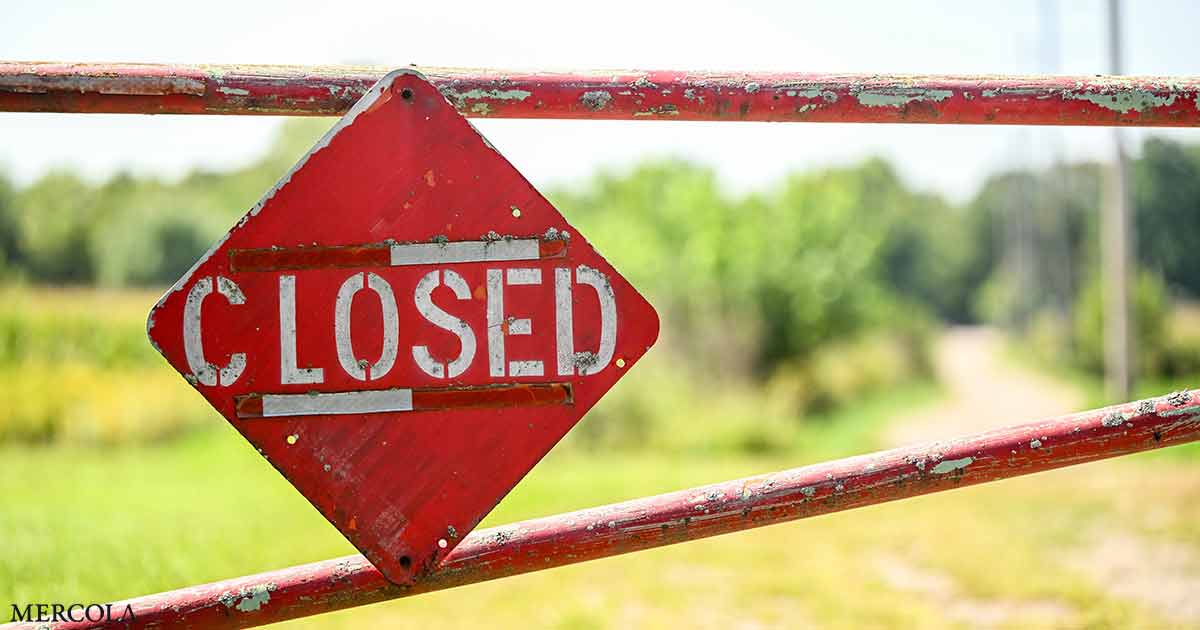Because sleep apnea can prove to be a distressing and fatal disorder, undergoing treatments is necessary. Sleep apnea treatments are designed to meet two goals. One is to relieve symptoms and two is to normalize breathing patterns.
Treatments depend on the severity of the disorder. However, the effectiveness of the treatments is partially dependent on the regularity of follow-ups and constant and open communication between the doctor and patient.
For your guidance, following are the treatments for sleep apnea.
1. Lifestyle changes. Also called behavioral therapy, lifestyle changes are aimed at treating mild cases of sleep apnea by adjusting habits, activities, and lifestyle. For instance, losing weight can significantly alleviate sleep apnea since obesity or being overweight can contribute to the narrowing of the airway. It’s also important to avoid alcohol, sedatives, and other medicines that can further relax throat muscles and may cause sleepiness.
Tobacco should also be avoided. Moreover, sleeping on the back rather than on the side is also found to help people with sleep apnea. Sleeping on the back is said to relax the tongue and palate more and thus block the airway. The use of saline nasal sprays is also helpful in keeping the nasal passages open.
2. Treatments for co-existing medical conditions. Sleep apnea may either be the cause or result of other medical conditions. Taking the treatments for such diseases or disorders can help alleviate sleep apnea.
3. Devices. Breathing and oral devices are used in treating sleep apnea of different severities. Examples are continuous positive air pressure (CPAP) and mouthpiece. Recommended for people with moderate and severe apnea, CPAP is a mask-like device connected to a machine. CPAP is worn over the nose while sleeping and delivers pressurized air to prevent the airway from narrowing.
Mouthpiece, on the other hand, is designed specifically by a dentist or orthodontist. It is a custom-fit dental device that resembles the common athletic mouth guard. It prevents sleep apnea by adjusting the lower jaw and tongue, thus keeping the airway open. Other devices include bi-level positive air pressure (BiPAP) and adaptive servo-ventilation (ASV).
4. Surgeries. The main purpose of surgeries is to keep the airway wide and open, thereby allowing the free flowing of air. Surgeries are normally done on people with severe sleep apnea, but which surgical operation to perform is based on its cause. There are surgeries that remove excess tissues from the throat and soft palate that block the airway. Others, meanwhile, shrink tissues in the mouth and throat.
In some surgeries, enlarged tonsils and adenoids are removed. And some others involve reconstruction of the lower jaw. Surgeries are known to confer long-term and even permanent benefits, but since surgeries can be sometimes risky, it is best to consider other sleep apnea treatments first before undergoing any surgery.
The success of sleep apnea treatments still lies on the person’s commitment, since some mentioned treatments may be quite challenging to sustain. Take, for instance, the lifestyle changes. Expectedly, it won’t be as easy for some people to lose weight or kick alcohol as it is for some.
However, knowing that altering or adjusting some habits or activities can improve the course of their day and even their life should be enough of a motivation. In the end, it is still about healthy living. It is about taking steps toward eliminating the dangers of sleep apnea.

